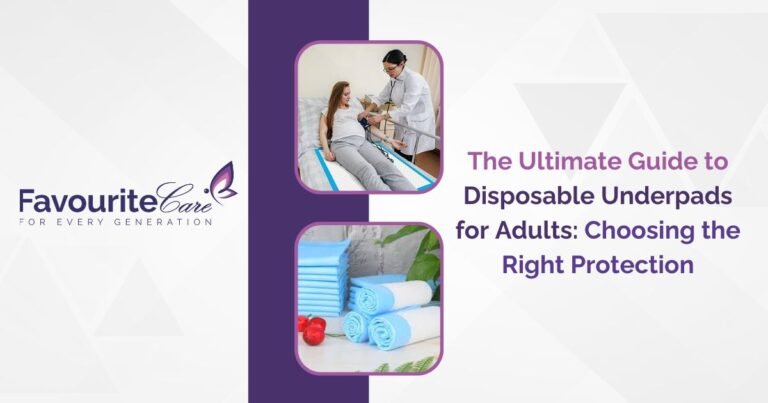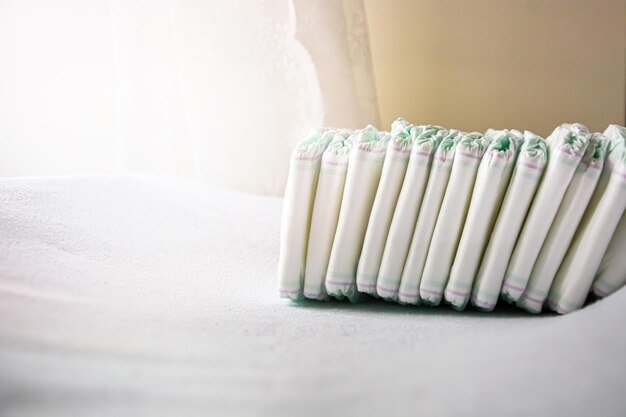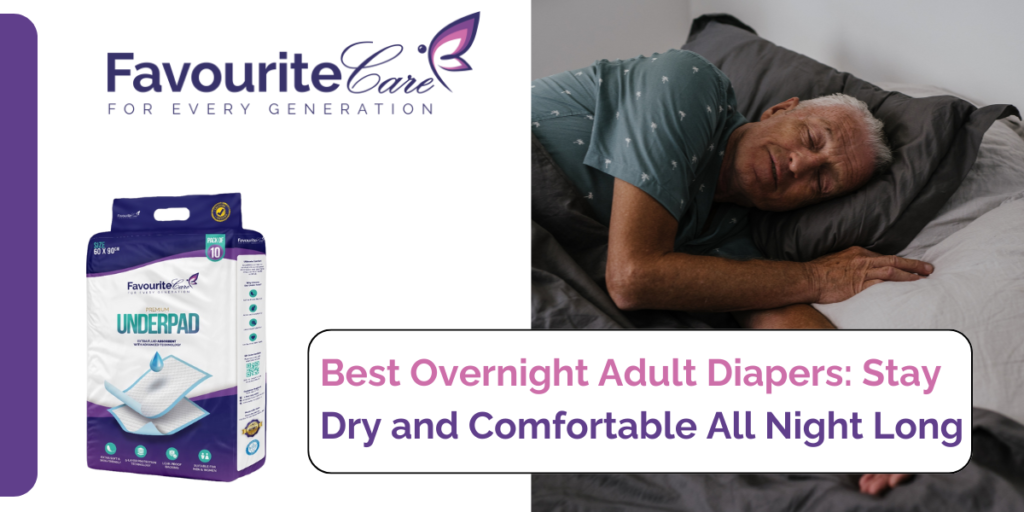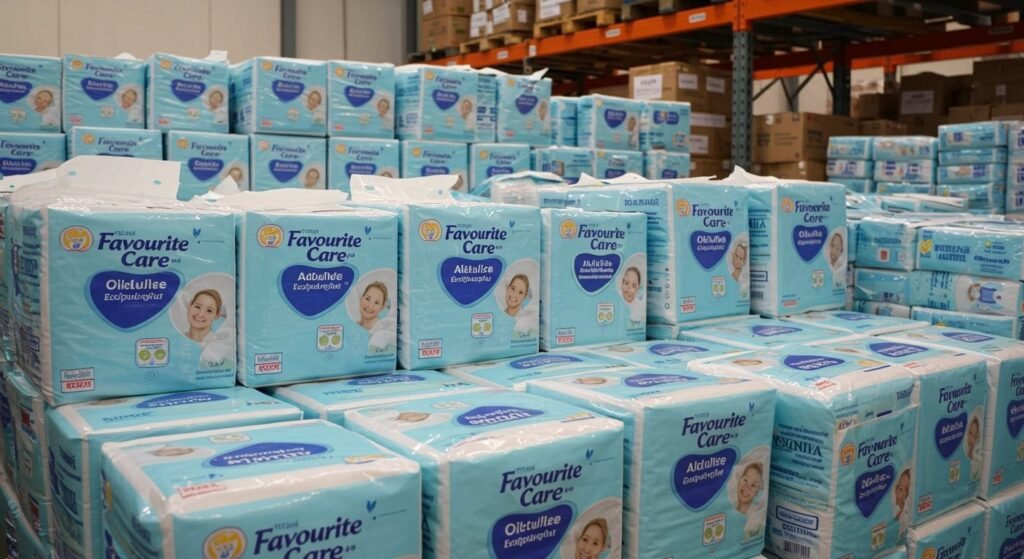The Ultimate Guide to Disposable Underpads for Adults: Choosing the Right Protection
Managing incontinence can be challenging, but with the right products, it can become significantly easier. This comprehensive guide explores the world of disposable underpads, offering practical advice and expert insights to help you choose the best protection for your needs or the needs of your loved one. We’ll cover everything from absorbency levels and sizes to proper usage and disposal. Most importantly, we’ll empower you to make informed decisions about incontinence care.
What are Disposable Underpads?
Disposable underpads, also known as adult underpads, incontinence pads, bed pads, or chux pads, are absorbent pads designed to protect bedding and furniture from urine or fecal incontinence. They provide a comfortable, hygienic barrier, promoting skin health and simplifying cleanup. These disposable bed protectors are crucial for both elderly care and patient care settings. They also offer essential support for individuals managing postpartum incontinence.
Types of Disposable Underpads
Understanding the various types of disposable underpads is crucial for effective incontinence management. There are various options available, catering to different needs and preferences. For instance, overnight underpads offer extended protection, while heavy absorbency underpads cater to heavier flow.
Disposable vs. Reusable Underpads
While this guide focuses on disposable underpads, reusable underpads (washable underpads) are also available. Disposable options offer convenience and superior hygiene, while reusable options are more environmentally friendly. Consider your lifestyle and needs when making your decision. Because hygiene is so important, many prefer disposable underpads for elderly care and patient care.
Absorbency Levels
Disposable underpads come in various absorbency levels, from light to heavy absorbency underpads. Choose the right level based on the individual’s needs. Overnight incontinence often requires higher absorbency. Extra-large underpads provide greater coverage, further minimizing leaks.
Sizes and Features
Underpads for adults come in various sizes, including extra-large underpads. Consider the individual’s size and mobility when selecting a size. Besides that, features like leakproof barriers, odor control, and breathable materials enhance comfort and discretion. Look for adhesive underpads for secure placement.
Choosing the Right Disposable Underpads
Selecting the appropriate underpad involves considering several factors. Therefore, understanding individual needs is paramount. Think about the level of incontinence (light, moderate, or heavy), mobility, and skin sensitivity. Best disposable underpads for sensitive skin are often made with hypoallergenic materials.
How to Use Disposable Underpads
Proper usage ensures maximum effectiveness and comfort. Here’s a simple guide on how to change disposable underpads:
How to Change Disposable Underpads
- Place the underpad on the bed or other surface, with the absorbent side up.
- Ensure the underpad is smooth and wrinkle-free.
- Position the individual comfortably on the underpad.
- Change the underpad as needed, usually when soiled or damp.
FAQs: Your Questions Answered
We understand you might have some questions. Here are answers to some frequently asked questions:
What are disposable underpads used for?
Disposable underpads are used to manage incontinence, protecting bedding and furniture from soiling. They’re essential for adult incontinence, urinary incontinence, and bowel incontinence, providing comfort and hygiene.
What is the difference between a bed pad and an underpad?
The terms “bed pad” and “underpad” are often used interchangeably. They both refer to absorbent pads used for incontinence management.
How to use disposable bed pads?
Place the bed pad on the bed or surface with the absorbent side up. Ensure it’s smooth and wrinkle-free. Position the individual on the pad. Change when soiled.
What is the use of a medical underpad?
Medical underpads, like other underpads, manage incontinence in healthcare settings and at home. They help maintain hygiene and protect surfaces.




